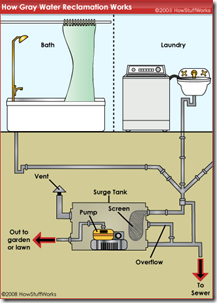As it goes the BBC on the Caribbean had a question of readers, it was something to the effect of… what are your disappointments with the Caribbean / Caricom or your country in 2009 etc? My reply was editted to cut out OBAMA’s part and I think it is a deliberate effort to subvert opinions against Obama…
The regions institutions have opened up travel & work for grauates of tertiary institutions but much more needs to be done in terms of regional cooperation. We need a common media, a Uber national/ regional, newspaper, radio, television and unified and system access to Internet, a common portal, and uniform standards. The reality and necessity of a functional and economic union and market and strong fairer trade.
Tourism has proven how fickle it can be and is subject now to realities such as gas prices, travel security, economic recession, crime, and markets that wax and wane. Also the tourism industry itself has failed to endorse newer markets, niche markets, the European and Asian markets, failed to employ strategies like Eco-tourism,civic tourism, heritage tourism, medical and health/therapy tourism. The industry itself failed to diversify and re-invent itself into a more far reaching and sustainable model of business. We also relied so much on tourism while neglecting possible advance in the field and industry of technology and computers. We neglected to harness our intellectual capacity.
In terms of sports, as much as individuals excelled, governments and governing bodies failed to hone, foster and harness it. Regionally I personally wanted to see sports integrate and crossover and merge a little more! I would like to see even football reach to a level where there are inter-regional cups for categories like, D1 and D2 leagues etc.
I definitely believe the media has been used to dumb down the nations and given an undue fascination to celebrities lives and delved to far into the voyeuristic fetish of reality tv. Has no one heard of the Hawthorne's effect or Heisenberg's Uncertainty Principle. The fact of observation itself affects the thing observed... Sure art reflects life, yet it also impacts it... I do believe the musicians can do more to pass on information to the public and help to paint a different picture of the world and lend vision to the people, not that they should stop showing us the gritty reality but they should try to show us an alternate future than the one we are heading to... The society and the heads of it especially need to be honest about their shortcomings and the inequity in the social order. So maybe the artistes and icons have a different reality to muse on.
The most moving moment is waking up to the reality that a black president doesn't translate into a global black agenda, and has thus far not panned out well for the Caribbean, we have been neglected and slighted by the Obama administration, they have also seemingly perpetuated the illegal stance on Cuba, used the G20 to muscle us into some horrible tax contracts and continue to perpetuate the inequity in global trade, they take our preferential treatment whilst subsidizing their farmers and using GM and chemicals... OH the inequity and injustice... some revolutionary leader... he might have "seemingly" changed the color of the presidency, but his relations with the Caribbean seem colored by the history and biases of the US international relational stance policies and edicts handed out by the CFR.













